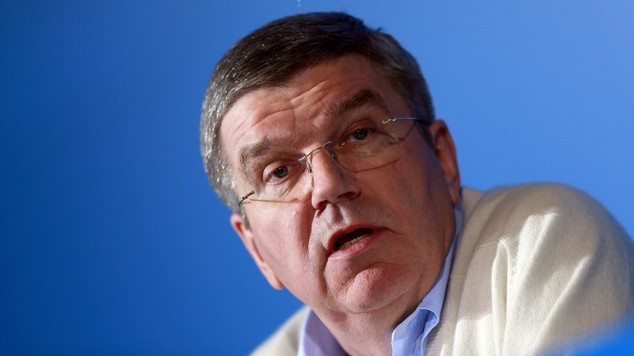Football’s world governing body is being investigated by Swiss authorities over the bidding process for the 2018 and 2022 World Cups, and criminal proceedings have also been opened against suspended FIFA president Sepp Blatter. The US justice department has also indicted more than 30 football officials on corruption charges.
The recent IAAF doping scandal, which has seen Russia suspended from international athletics and former president Lamine Diack under investigation by French police on suspicion of taking money to cover up positive tests, has also focused attention on governance of big sporting organisations.
The IOC admitted some sports bodies felt “tarnished” by the scandals and said in a statement: “The IOC EB remains concerned with regard to the ongoing criminal procedures in the United States and Switzerland, which according to these authorities could last for another five years.
“Since this could continue to overshadow the credibility of FIFA and affect all sport organisations for such a long time, the IOC EB encourages FIFA to take all necessary measures to clarify and resolve all the pending issues as soon as possible by further engaging with the relevant authorities.”
IOC president Thomas Bach announced at a news conference in Lausanne that the Olympic body would implement a new auditing system to track money which goes to Olympic committees and sports.
Bach also announced that the IOC wants a new independent organisation – set up by the World Anti-Doping Agency (WADA) – which would be responsible for drugs testing with sanctions announced by the Court of Arbitration for Sport.
He said: “An independent testing and results management entity should be set up under the leadership of WADA.
“Sports organisations should transfer their doping control operations to this new organisation and make the funding available initially at the level of the present investment in the fight against doping.
“This organisation should also co-ordinate the work of the national anti-doping agencies to ensure a streamlined, efficient and worldwide harmonised anti-doping system.
“Governments, which are 50 per cent partners of WADA, should support this reform alongside the sports movement, both logistically and financially.”
The new organisation should also have a professional intelligence-gathering unit, Bach said.
The IOC president also admitted that the economic situation in Brazil was making life “difficult” for organisers of next year’s Rio Olympics and that he was ready to accept budget cuts.
Bach added that preparations were going well and that organisers had made new commitments to improve water quality in the sailing and rowing venues.

